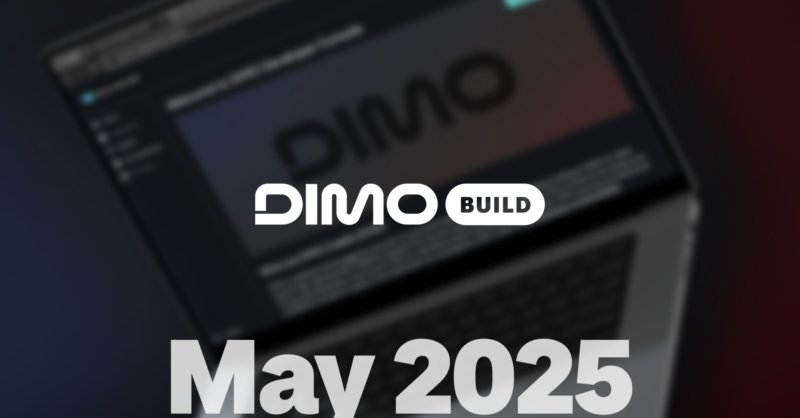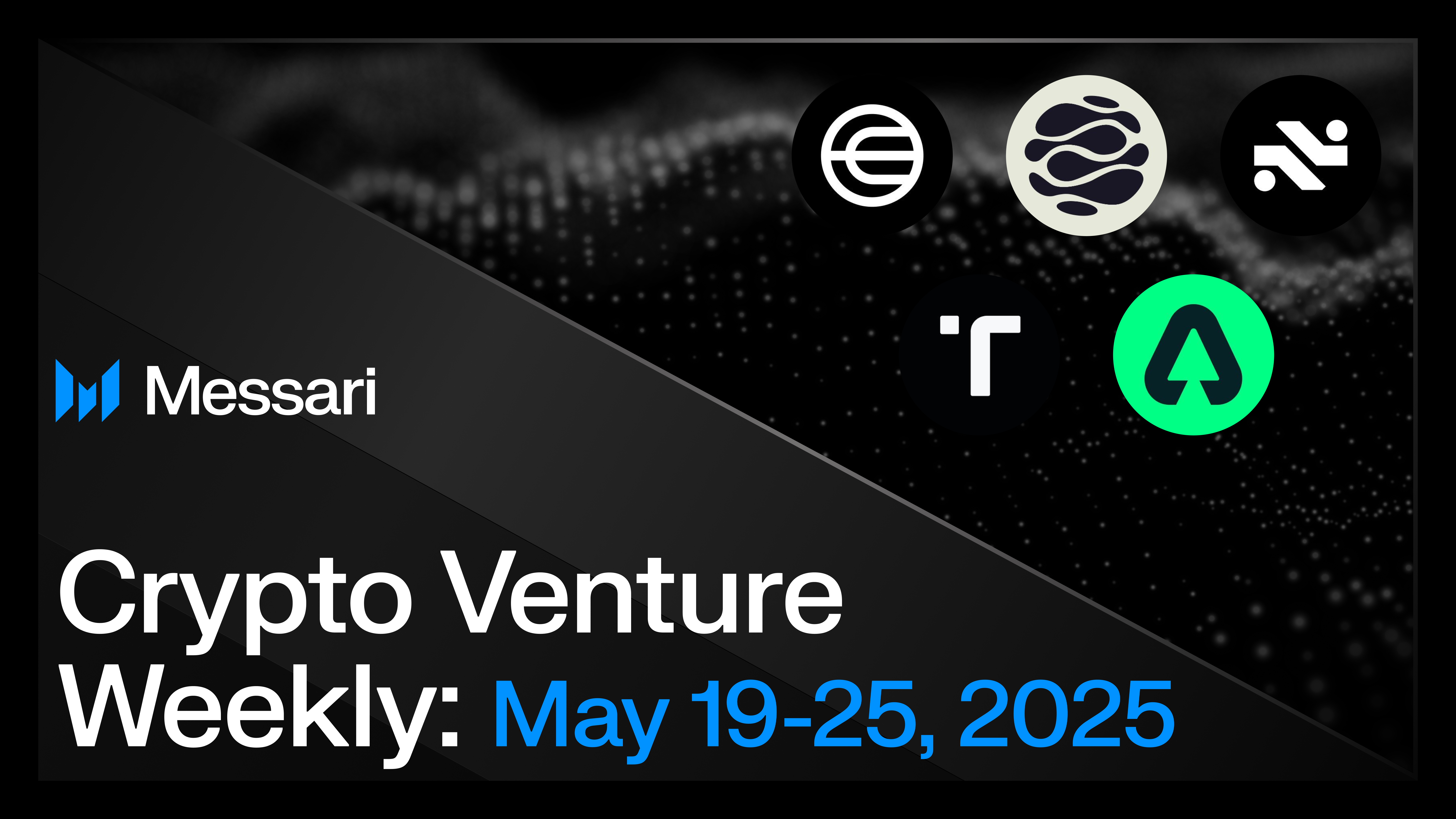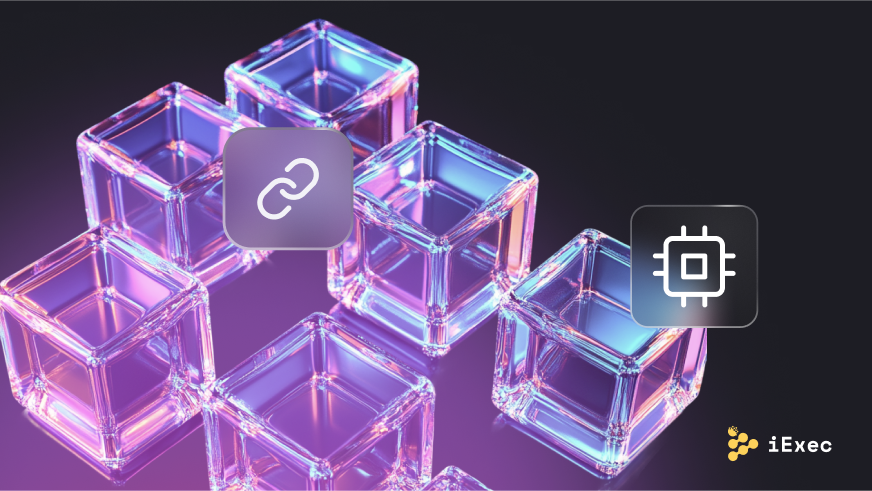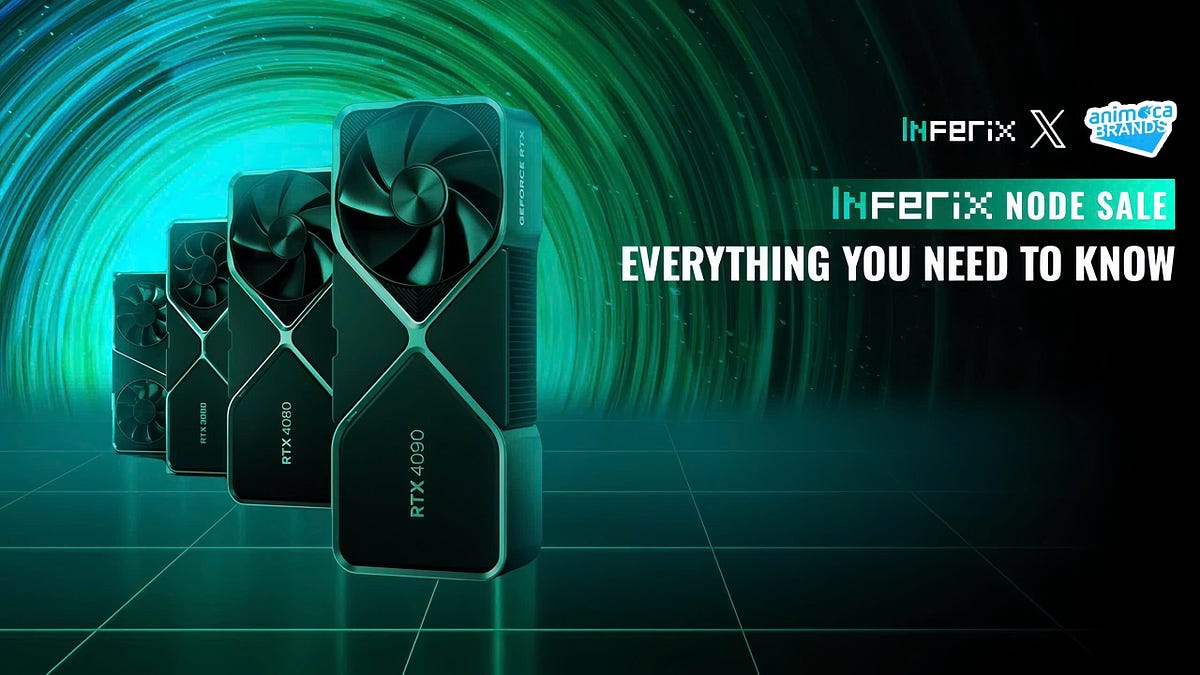The Rise and Future of Decentralized Physical Infrastructure Networks (DePIN)
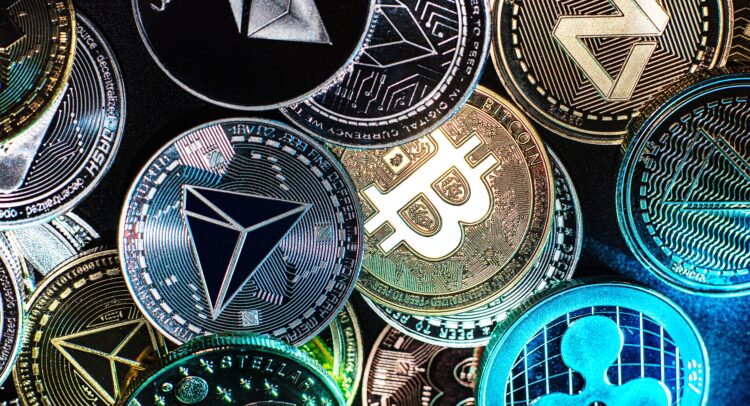
Decentralized Physical Infrastructure Networks (DePIN) are emerging as a transformative force in the blockchain landscape, utilizing decentralized protocols to manage physical facilities and address inefficiencies in centralized resource networks. Coined by the Web3 media and research firm Messari, DePIN has gained traction since its introduction, particularly in the latter half of 2023 and throughout 2024. These projects aim to mitigate issues such as human error, malfunctions, and financial opacity, offering more secure and cost-effective alternatives. With approximately 296 active DePIN projects currently, this sector is witnessing exponential growth, indicating a robust interest in decentralized solutions across various industries, including AI, mobility, and health.
The evolution of DePIN can be traced back to early blockchain projects like IOTA and Filecoin, with Helium’s launch in 2019 marking a significant milestone for decentralized connectivity. As the term DePIN gained popularity, it encompassed a growing number of projects that leverage blockchain for data management and incentive distribution. By employing a ‘plug and play’ system, DePIN networks facilitate the interconnection of independent infrastructures, such as IoT devices and decentralized GPU grids. This innovative approach enables efficient data processing and administrative functions, allowing for diverse applications ranging from decentralized ride-sharing to computing resource networks.
Currently valued at $33 billion, the DePIN market is thriving, with several projects achieving market capitalizations exceeding $1 billion. As we look ahead to 2024 and beyond, key developments to watch include the integration of AI, the emergence of multi-token ecosystems, and the expansion into trade finance. Despite facing challenges such as legal uncertainties and the complexity of blockchain technology, DePIN networks are poised for increased adoption across various sectors. By removing intermediaries and creating balanced networks, DePIN could redefine resource management and utility in the decentralized world, making it essential for potential investors to conduct thorough research before engaging with these innovative projects.
Related News


